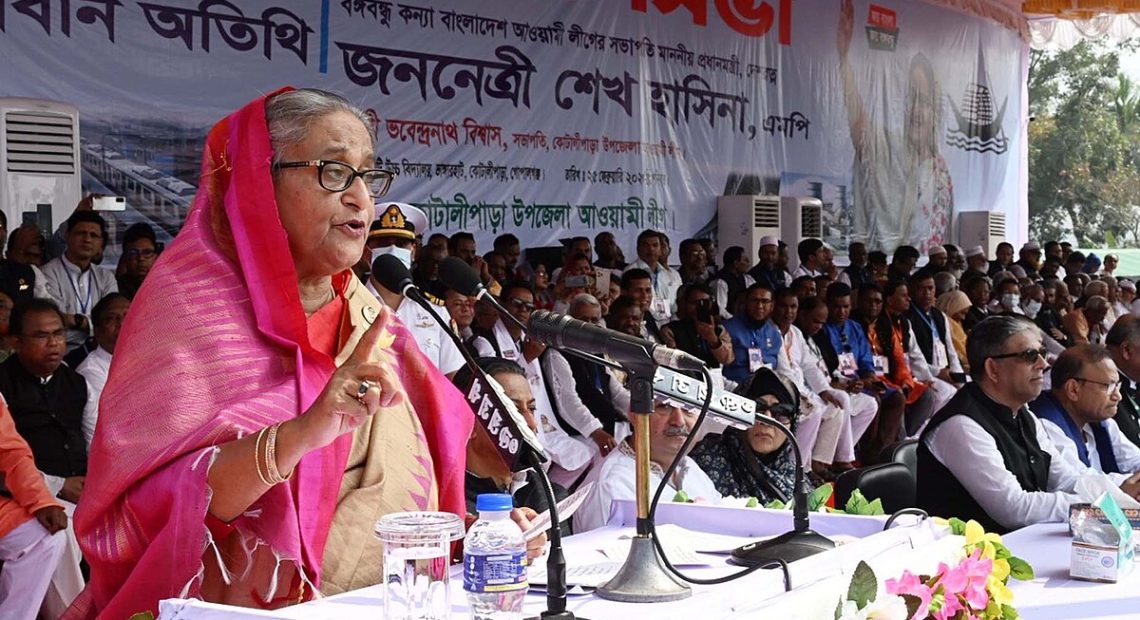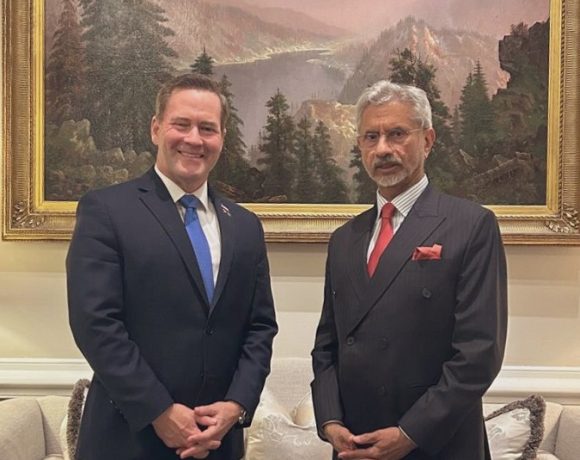
India Seeks Early Elections in Bangladesh After Awami League Ban
India has raised serious concerns over recent political developments in Bangladesh, urging the early conduct of free, fair, and inclusive elections. The statement follows the interim Bangladeshi government’s move to ban the activities of the Awami League, the country’s oldest and most prominent political party, under the Anti-Terrorism Act.
The Election Commission of Bangladesh has also suspended the Awami League’s registration, effectively barring the party from contesting future polls. This sweeping action comes amid political unrest and legal proceedings initiated against key Awami League leaders for alleged war crimes and national security violations.
The Indian Ministry of External Affairs, responding to the situation, emphasized the importance of democratic values and political pluralism in Bangladesh. MEA spokesperson Randhir Jaiswal stated, “As a democracy, India is naturally concerned at the curtailment of democratic freedoms and shrinking political space in the neighboring country.” He further underscored India’s firm support for “early holding of free, fair, and inclusive elections.”
Awami League Ban Sparks Political Turmoil
The ban on the Awami League follows months of growing unrest since the ousting of former Prime Minister Sheikh Hasina in August 2024. Hasina has been residing in India since her removal, while her party has come under increasing legal scrutiny from the caretaker administration led by Nobel laureate Muhammad Yunus.
Bangladesh’s interim leadership has justified its decision on grounds of national interest and judicial proceedings. Officials claim the restrictions will remain until ongoing investigations by the International Crimes Tribunal are completed. Despite mounting international attention, Dhaka insists that its electoral process and internal affairs are sovereign matters.
India Bangladesh Relations Amid Political Unrest
India’s intervention reflects not only a diplomatic concern but also the strategic importance of political stability in Bangladesh for the broader South Asian region. The political vacuum and suppression of democratic space could have cross-border implications, particularly in terms of regional security and bilateral cooperation.
India has historically shared close ties with Bangladesh under the leadership of the Awami League. The recent ban and the uncertain political climate have raised concerns in New Delhi about the future trajectory of bilateral relations and the preservation of democratic institutions in the neighboring country.
As Bangladesh enters a crucial transitional phase, international stakeholders, including India, will be watching closely to ensure that democratic norms and civil liberties are upheld.


















